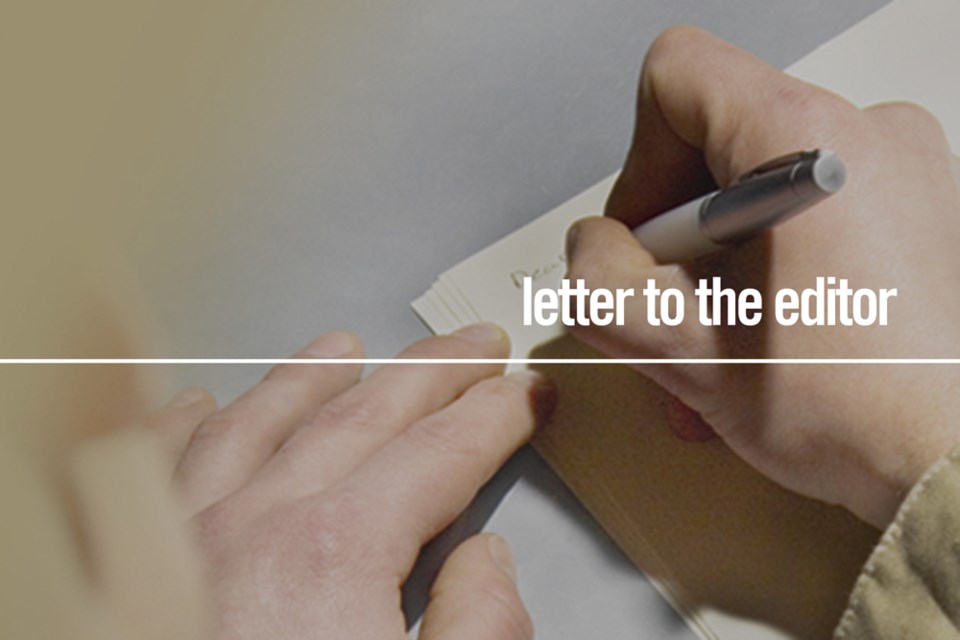Re: "Quebec's Bill 96 an act of separation, kidnapping of our Constitution," Column, The Gazette, July 7.
Before writing his column, Alan Murdock should have done some fact-checking on his claims about Quebec history.
The Coalition Avenir Quebec and the Bloc Quebecois are not children of the FLQ. The FLQ was a radical Marxist movement that had a small following. Other separatists such as René Lévesque harshly condemned the FLQ’s actions, and Pierre Trudeau’s lieutenant Jean Marchand later admitted that the federal government “used a cannon to kill a fly” when it invoked the War Measures Act.
Murdock apparently confused the provincial Parti Quebecois founded by Lévesque with the federal Bloc Quebecois founded by Lucien Bouchard nearly 20 years later. It’s worth noting that Lévesque and his supporters fought hard to ensure that a Parti Quebecois government would hold a referendum on separation instead of unilaterally declaring independence. Neither the Parti nor the Bloc have ever supported violence, so they’re hardly offspring of the FLQ.
As for the Coalition, it’s actually more of a conservative party. The Coalition and its Action Democratique du Quebec predecessor took advantage of a gap on Quebec’s political right left by the Liberals and Parti Quebecois. Coalition leader and Quebec Premier Francois Legault has openly talked about making Quebec a "have" province under equalization, and said he’s not interested in holding another referendum. The Coalition has also supported cuts in public spending and supporting Quebec business, the kinds of policies that would have probably made the Marxist FLQ throw up.
As for Bill 96 and its claim to make Quebec a "nation," we should remember that the House of Commons declared the Quebecois to be a nation in 2006, and the sky never fell. Federalist Quebecois thinkers such as Stéphane Dion have also declared their pride in a Quebec nation. Other parts of the Constitution, such as the Charter education rights for official language minorities and the 1867 Constitution Act’s Section 133 protections for English in Quebec’s legislature remain intact and aren’t affected by Bill 96.
I haven’t seen anyone besides Dr. Murdock claim that a "nation" status would give Quebec a veto over federal actions that impact its citizens, much less that other provinces would declare themselves nations, too.
Bill 96 does have some flaws, such as the restrictions on Francophone students learning English at the university level, but those come under provincial powers over education that have existed since 1867.
What most other Canadians don’t realize is that many Quebecois put the “federation” in “Confederation.” They have a sense of being a distinct people in Confederation, with their own distinct challenges in being the only French majority place on an English majority continent.
That doesn’t prevent many of them from also seeing themselves as Canadians, but it does mean they have a lot of concerns about retaining their Francophone character – concerns that are showing up more and more in Anglophone majority provinces.
Jared Mile, St. Albert


